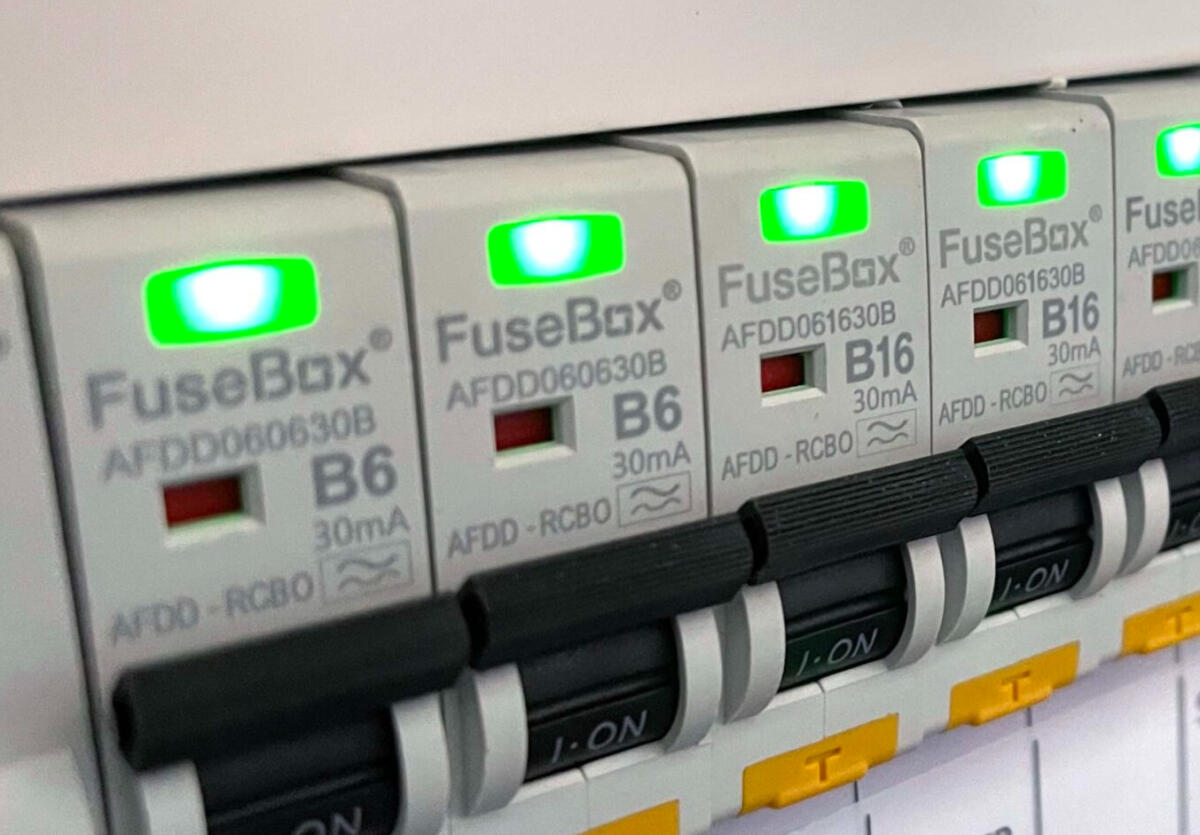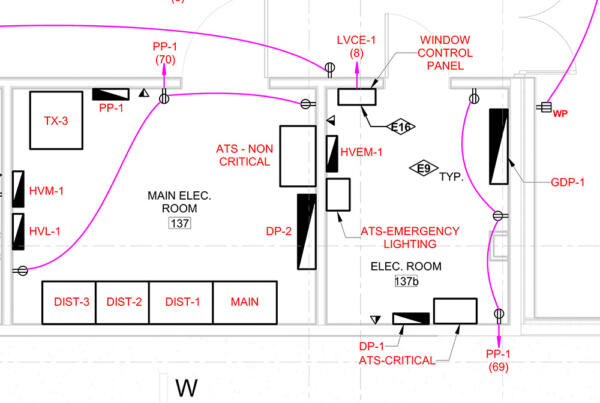Topic: AFDD’s
What does AFDD stand for?
Arc Fault Detection Device.
How does an AFDD work?
AFDD’s work by protecting against arc faults by instantaneously cutting the power to a circuit when they detect electric arcs. This prevents the possibility of a fire occurring due to fauly connections.
What types of circuits can AFDDs be used on?
The regulations specify that both ring circuits and radial circuits at 230 volts ac can have AFDD’s installed on them.
What is an arc?
An arc is created when the electrical current jumps the gap between two conductive materials. The most common causes of arcs include worn contacts in electrical equipment, damage to insulation, break in a cable, rodents chewing cables and loose connections, to mention a few.
Do i need to install them?
The competent electrician is best placed to offer advice on the installation of AFDDs.
In the current edition of the IET Wiring Regulations, BS 7671:2018, it is a recommendation to install AFDDs but the customer can choose to omit them.
However, this decision should be based considering any relevant risk and safety factors against the cost of installation.
Where should they be installed?
An AFDD effectively protects series, ground and parallel arc faults and meets regulatory requirements in various settings. You can use an arc fault detection device to protect the following types of buildings:
-Locations with sleeping accommodation
-Locations with increased risk due to processed and stored materials
-Locations with combustibles
-Fire propagating structures (thatched or timber-framed buildings)
-Locations endangering irreplaceable goods (museums)
So should you have them installed?
Currently, the typical cost of an AFDD is in the region of £100 per device.
A complete consumer unit with RCBOs, SPD’s and AFDD protection would be a significant cost, which would seem quite high on the face of it but when you consider this cost over its lifetime and the fact it could potentially save a life, property or items with high sentimental value or which cannot be replaced, it deems it neccassary for your consideration.











